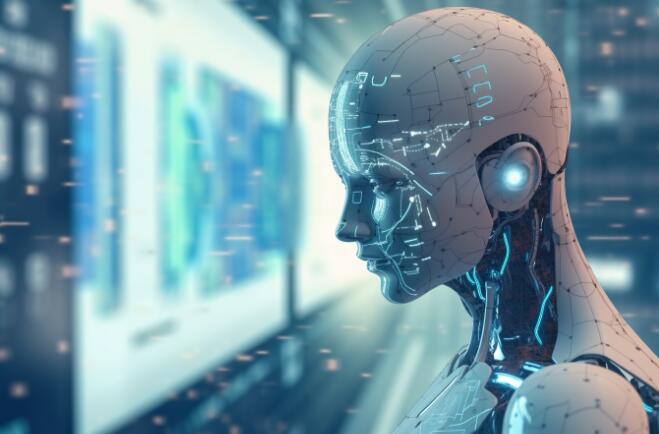Recently, competition in the field of artificial intelligence has been fierce, but Google has returned to the top of the AI battlefield with a series of breakthrough products. From more advanced AI models to self-developed AI acceleration chip Trillium TPU, to a series of stunning new AI features, Google has demonstrated its strong strength and lofty ambitions in the field of AI, attracting widespread attention in the industry and being hailed as the leader in AI The "king bomb" combination in the field. This article will provide an in-depth analysis of Google’s recently released AI products and explain the technological innovation and business strategies behind them.
Speaking of the recent technology circle, the war on AI is raging, and heroes from all walks of life have shown off their special skills. However, Google, which was once considered a bit "backward", has recently made sudden efforts. A series of "king-shattering" new products have made investors' eyes light up and exclaimed: "The AI world is about to change again!"
The Financial Times pointed out in a report on Sunday (December 22) that Google surprised investors this month by releasing more advanced AI models. These models outperformed even some competitors in benchmark tests. Just like a martial arts master who suddenly used his unparalleled martial arts skills, the situation in the world suddenly changed.

Not only that, Google also launched a new self-developed AI acceleration chip-Trillium Tensor Processing Unit (TPU). The goal of this chip is very clear, which is to challenge Nvidia's dominance in the market. This is like the sharp blade of the "dragon-slaying warrior", pointing at the dragon that has been entrenched for a long time.
Of course, Google's ambitions don't stop there. They also released a dazzling array of new AI features:
Project Mariner: This project allows AI to perform operations on behalf of users and write complex research reports. It's like a "super assistant" that can help you with all kinds of tedious tasks.
Project Astra: This project enables AI to respond to real-time queries across text, video and audio, and even interact through smart glasses. It's like having an "all-round butler" who can serve you anytime and anywhere.
Veo2 and Imagen3: These two are video and image generation models that allow AI to easily create realistic videos and images. It's like having the power of a "creator god" who can create all kinds of visual content at will.
Ethan Mollick, professor at Wharton Business School and author of technology books, commented on these new Google products, especially Veo2: "The progress in the field of AI this month has been like a rocket, especially last week, the speed of progress has been astonishingly fast. This is not It’s no longer a steady development, but AI is leaping forward in a way that we can’t predict.” Does this sound a bit like “science fiction becomes reality”?
Technology media PYMNTS also wrote that Google’s latest AI products show that AI may completely change the way users interact and automate tasks. In business, these advances mean AI has the potential to impact operations ranging from warehouse management to customer service. This is like a "spring breeze" blowing across all walks of life, bringing hope for change.
Prashant Kelker, chief strategy officer at ISG, a global technology research and advisory firm, said: "Gemini 2.0 improves autonomous decision-making by integrating more sophisticated AI agents, leveraging real-time data processing and adaptive learning models. This not only improves It also promotes cross-functional collaboration between technology, business and compliance teams. As intelligent AI enters the production stage, we expect the capabilities of cloud and edge computing to increase significantly." He believes that the core innovation of Gemini2.0 is its ability to handle multi-step processes and reduce human supervision. Unlike traditional AI that can only respond to specific prompts, this system can autonomously work together across platforms, such as managing inventory or processing orders. It's like an "AI manager" that coordinates various tasks and keeps everything organized.
Dev Nag, CEO of QueryPal, an automation-enabled company, said that rather than completely redesigning e-commerce systems, enterprises are more likely to extend existing accessibility and structured data standards to create an interface that sits somewhere between a purely visual interface and a full API. The “AI enhanced HTML” layer. This is like adding a layer of "intelligent coating" to existing systems, allowing AI to better understand and utilize these systems.
All in all, Google's series of "king-shattering" new products have indeed brought a huge shock to the entire AI field, and also made investors full of confidence in Google's future. This is no longer a simple technological advancement, but a new revolution in the interaction between humans and machines, and Google is playing a key role in this revolution.
Google’s AI strategy is not only reflected in technological innovation, but also in its deep understanding and layout of future human-computer interaction models. This indicates that AI technology will be further integrated into our lives, bringing efficiency improvements and experience innovations. Google's future development deserves continued attention.